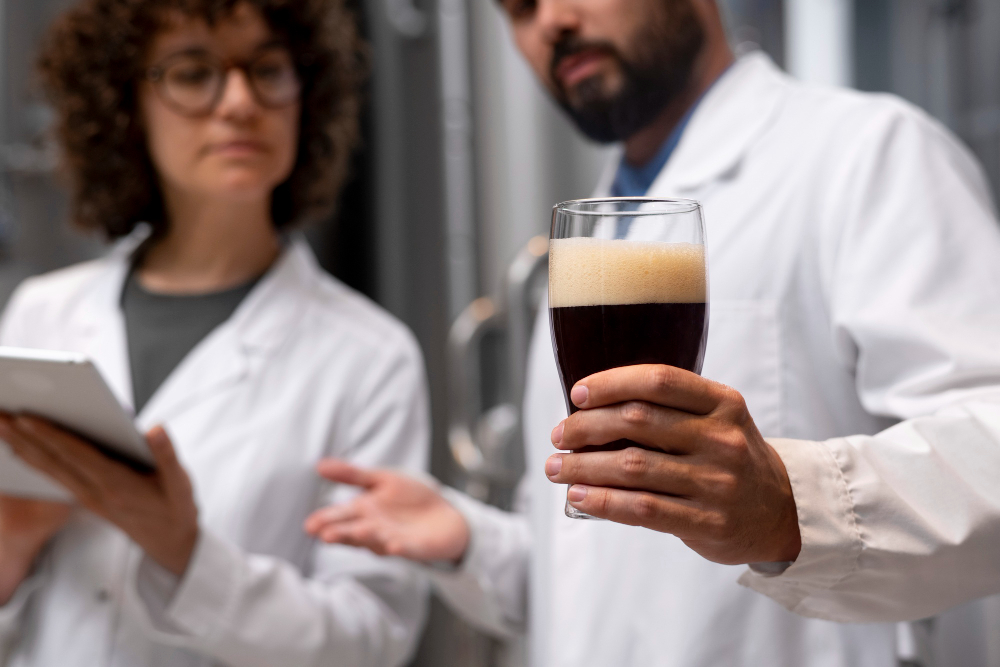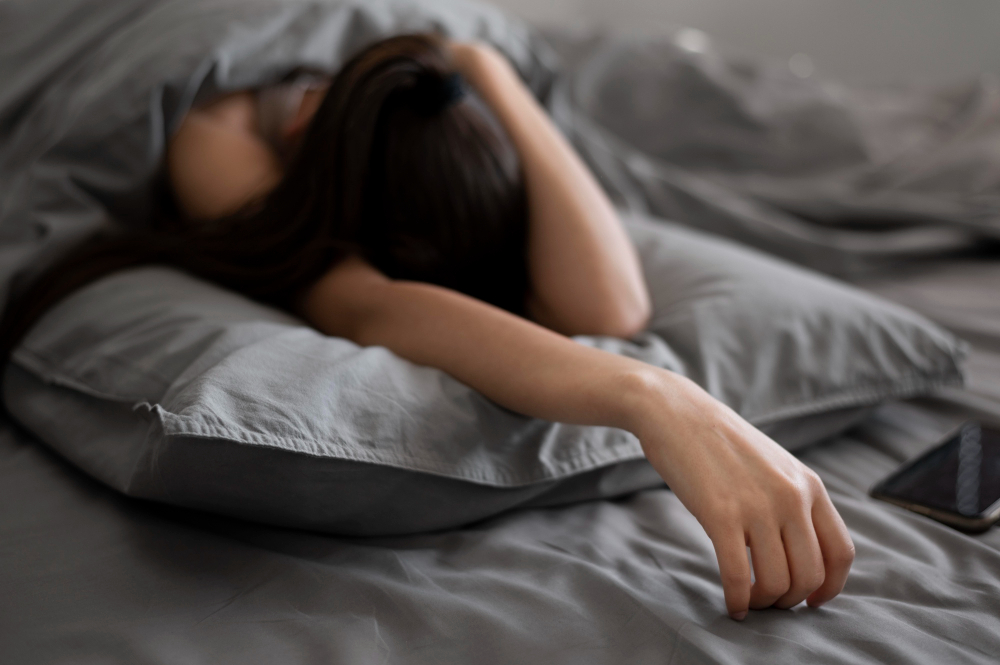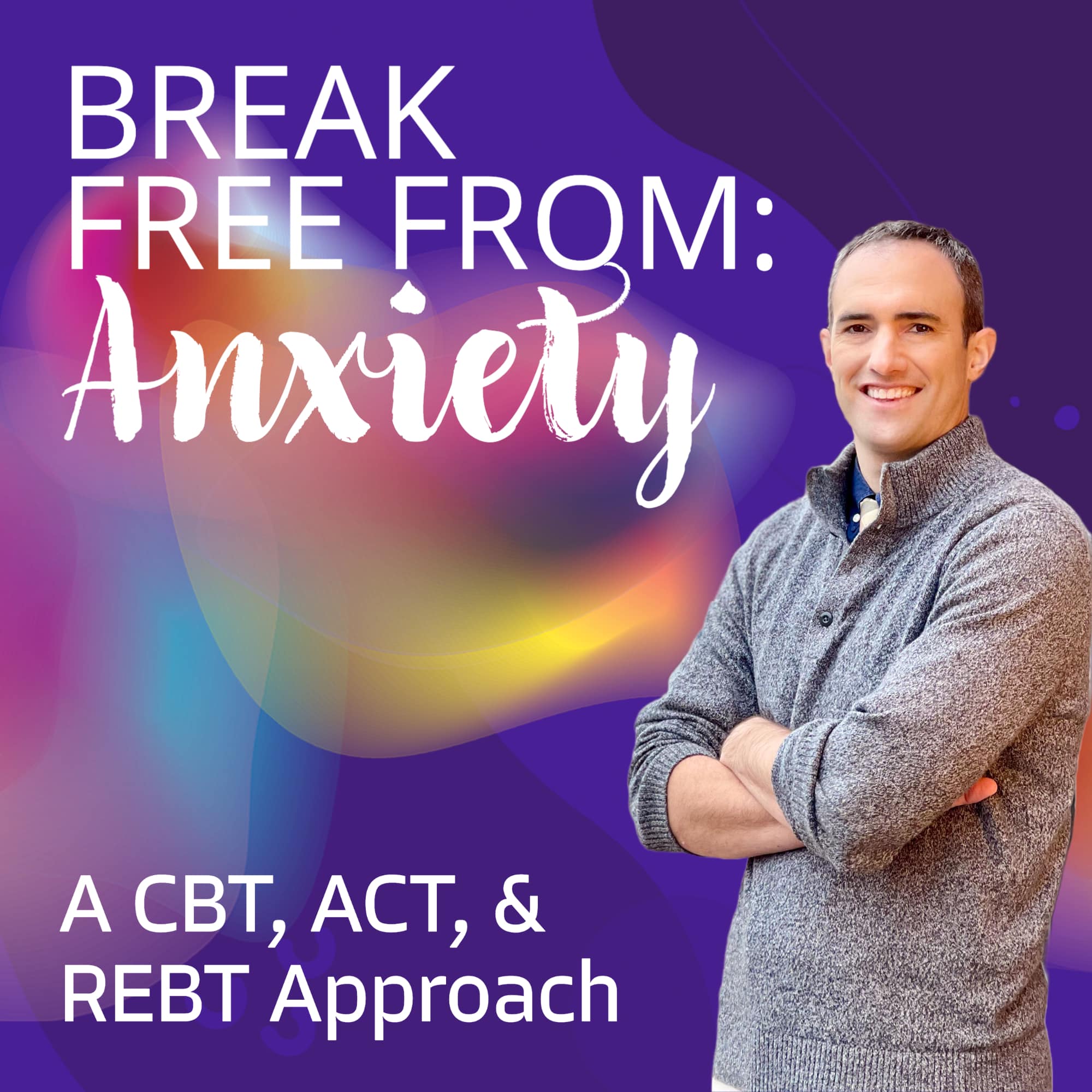Wondering whether caffeine can help or worsen ADHD symptoms? This article explores the complex effects of caffeine on attention, impulsivity, sleep, and therapeutic outcomes—helping you make an informed decision.
KEY TAKEAWAYS
- Caffeine is a stimulant that may temporarily improve alertness in individuals with ADHD, but effects vary.
- It can aggravate anxiety, sleep issues, or increase jitteriness in sensitive people.
- Caffeine should not replace prescribed medications or behavioral therapies.
- Timing and dosage are critical—late-day caffeine disrupts sleep and undermines ADHD management.
- Always consult with your TelepsychHealth provider before using caffeine as a self‑treatment tool.

Many people with ADHD wonder if caffeine—a common stimulant—can help improve focus and attention. While caffeine may produce short-term alertness and decreased fatigue for some, its overall benefit is uncertain and often depends on individual sensitivity, dosage, and existing treatment plans.
In this blog, we examine current research, clinical perspectives, and practical considerations to answer the question: does caffeine help ADHD? We’ll explain how caffeine interacts with ADHD symptoms, whether it can support or complicate treatment, and when to safely consider its use—while highlighting how TelepsychHealth can provide personalized guidance on this topic.
How Caffeine Affects the Brain in ADHD

Caffeine works by blocking adenosine receptors, increasing dopamine and norepinephrine—neurotransmitters linked to attention and alertness. These mechanisms mirror, in part, how stimulant medications like amphetamines function. Some people with ADHD experience improved cognitive performance, reduced mental fatigue, and faster reaction times after consuming caffeine.
However, responses vary. Genetic differences in adenosine and dopamine receptor sensitivity can lead to diverse outcomes—from improved focus to increased restlessness. Over time or with high doses, tolerance may develop, diminishing any initial benefits. And because caffeine affects sleep, even moderate use can backfire by worsening ADHD symptoms caused by sleep deprivation.
Research Evidence & Clinical Views

Scientific studies on caffeine’s impact in ADHD are limited and inconclusive. A few small trials suggest modest improvements in attention and impulsivity, but findings are inconsistent. More rigorous research is needed before it can be recommended as a treatment substitute.
Clinicians at TelepsychHealth, such as Dr. Bruce Bassi, emphasize caution. Even minor increases in anxiety, jitteriness, or insomnia can counteract any benefits of caffeine. In our treatment programs, we closely monitor patients who consume caffeine and emphasize that it should never replace evidence‑based interventions like behavioral therapy or prescribed medications.
Benefits vs. Risks for ADHD Symptoms

For some individuals, a small morning cup of coffee or tea may transiently enhance alertness and mood. The improved energy can help initiate tasks, especially during low-dose medication “wear-off” periods.
Yet potential downsides abound. Caffeine-triggered anxiety may worsen impulse control, while disrupted sleep can exacerbate memory and concentration issues. In fact, substance use and sleep disruption are known to aggravate ADHD symptoms and complicate treatment. Organisations like TelepsychHealth advise careful moderation and monitoring—especially for those already prone to anxiety or sleep problems
Timing and Dosage Matter Most

If choosing to experiment with caffeine, timing is essential. Avoid consuming caffeine after early afternoon—it may interfere with deep sleep stages and impair ADHD management. Aim for low to moderate strength—around 50–100mg (one small cup of coffee or strong tea).
Be mindful of cumulative sources: sodas, energy drinks, chocolate, and some pain relievers contain caffeine. Keeping a caffeine diary helps track how timing and quantity affect focus, mood, and sleep. Changes should be reviewed during your psychiatry follow-ups.
When to Call TelepsychHealth Instead

If caffeine seems to help but also increases anxiety, or if you’re unsure how it interacts with your ADHD medications, contact TelepsychHealth. Adjusting medications, behavioral strategies, or sleep hygiene is often more effective and safer than experimenting on your own.
Our psychiatric team offers evidence‑based treatment plans tailored to your needs—whether ADHD, anxiety, or sleep issues. For expert guidance, call (888) 730‑5220 and speak with our clinicians about your questions.
Next Steps & Supportive Resources
Visit our Treat Anxiety page to explore the strong link between caffeine and anxious symptom exacerbation. Learn how ADHD and anxiety often intersect, especially when stimulants like caffeine are involved.
For insights into sleep hygiene—a key modifiable factor—check our article on substance use and its effects on sleep, which highlights how caffeine increases sleep latency and reduces sleep efficiency, thereby worsening attention and regulation
Explore our Holistic Neuropsychiatric Care content to understand broader strategies beyond medication—including lifestyle, diet, and behavioral therapies that support ADHD management.
Helpful Tips for Managing ADHD and Caffeine Use
Keep a “caffeine and symptoms” journal to monitor how different doses and times affect your focus, restlessness, and sleep. Track changes alongside mood and ADHD severity to share with your TelepsychHealth provider for optimal adjustments in your treatment plan.
Summary
While caffeine may offer temporary improvement in attention or energy for some individuals with ADHD, it’s no substitute for clinically established treatments. The stimulant effects can disrupt sleep, induce jitteriness, and exacerbate anxiety—potentially negating positive effects. Monitoring intake, timing carefully, and maintaining structured treatment plans is critical.
“Caffeine may offer a momentary boost in alertness, but the risks—especially with anxiety or disrupted sleep—often outweigh the benefits,” says Dr. Bruce Bassi, M.D., a psychiatrist based in Jacksonville, Florida.
If you’re considering using caffeine as part of ADHD self-management or need professional adjustment of your treatment plan, reach out to TelepsychHealth by calling (888) 730‑5220. Our team provides personalized, evidence‑based care to support your cognitive wellness.







